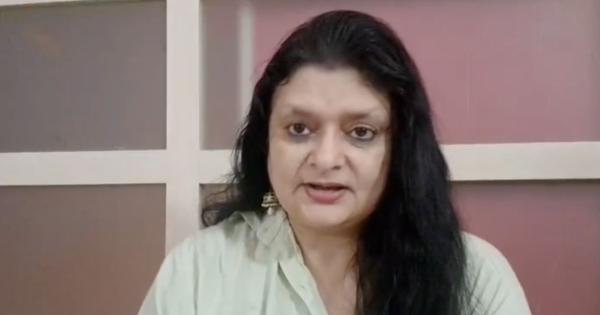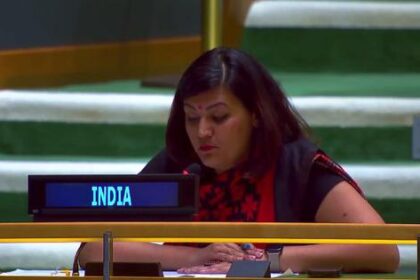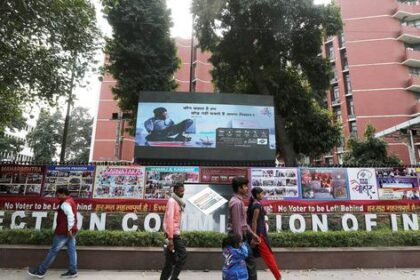Court finds sufficient grounds for Congress leader’s defamation case against BJP spokesperson.
The Delhi High Court has rejected a petition filed by Bharatiya Janata Party (BJP) spokesperson Sanju Verma, who sought to dismiss a defamation suit brought against her by Congress leader Shama Mohamed. The ruling, issued on August 6 by Justice Purushaindra Kumar Kaurav, stated that there were no valid grounds to reject the suit, as the issues raised by Verma are matters that will be examined during the trial.
The civil defamation suit filed by Mohamed pertains to allegedly defamatory statements made by Verma during a television news program aired on August 20, 2024. In her application, Verma contended that no cause of action existed for Mohamed to initiate the defamation proceedings, highlighting inconsistencies regarding Mohamed’s residency. Verma noted that while Mohamed claimed to be a resident of Kerala, the memo of parties submitted with the suit indicated that she resides in Delhi.
Verma argued that these discrepancies rendered Mohamed’s case untenable. However, the court’s order indicated that the defamation suit met the necessary legal requirements for proceeding, as outlined in the Code of Civil Procedure. The court pointed out that the complaint provided sufficient details to establish a cause of action, as it outlined that the alleged defamatory statements were shared by various third parties on social media platforms.
The judge observed that the complaint fulfilled the necessary ingredients as stipulated under Order VI and Order VII Rule 1(e) of the Code of Civil Procedure. While Order VI regulates general pleadings, Order VII Rule 1(e) necessitates that a complaint must clearly state the facts constituting the cause of action and the timing of its occurrence. The court noted that the communications on record suggested that third parties had begun disseminating the statements that were deemed defamatory against Mohamed.
Furthermore, the judge noted that a valid cause of action had arisen for Mohamed to file the civil suit for defamation. The ruling also clarified that Mohamed is indeed a resident of Delhi. Addressing the purported inconsistencies related to the plaintiff’s address, the court explained that the affidavit filed by Mohamed indicated that she resides in both Delhi and Kerala. The affidavit included supporting documents, such as a lease deed, to substantiate her residency in Delhi.
In light of these considerations, the court concluded that the requirements for establishing the territorial jurisdiction of the Delhi High Court had been met prima facie. Therefore, Mohamed was deemed entitled to pursue her defamation suit in Delhi. The court further stated that Verma would have the opportunity to present evidence during the trial, including arguments regarding the potential for maximum damage occurring outside Delhi or the plaintiff’s actual residency.








